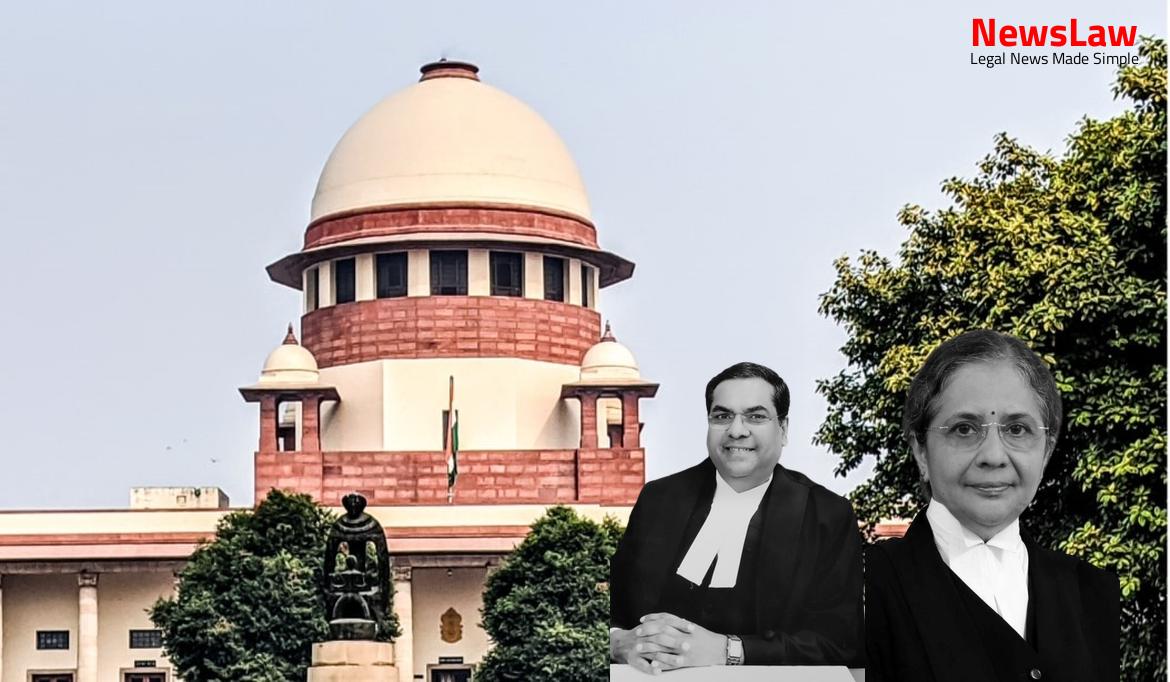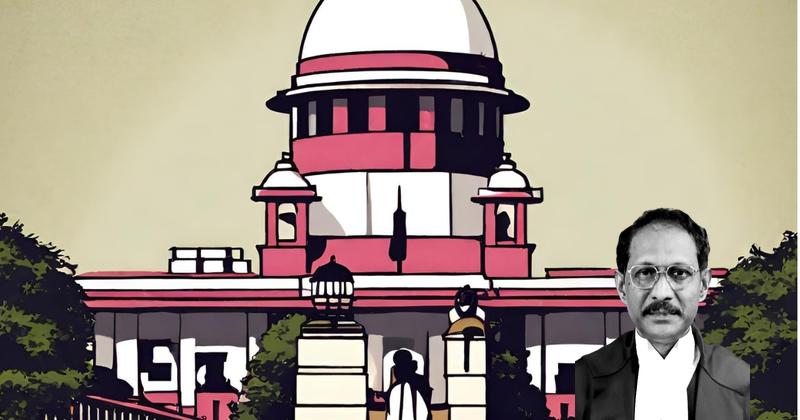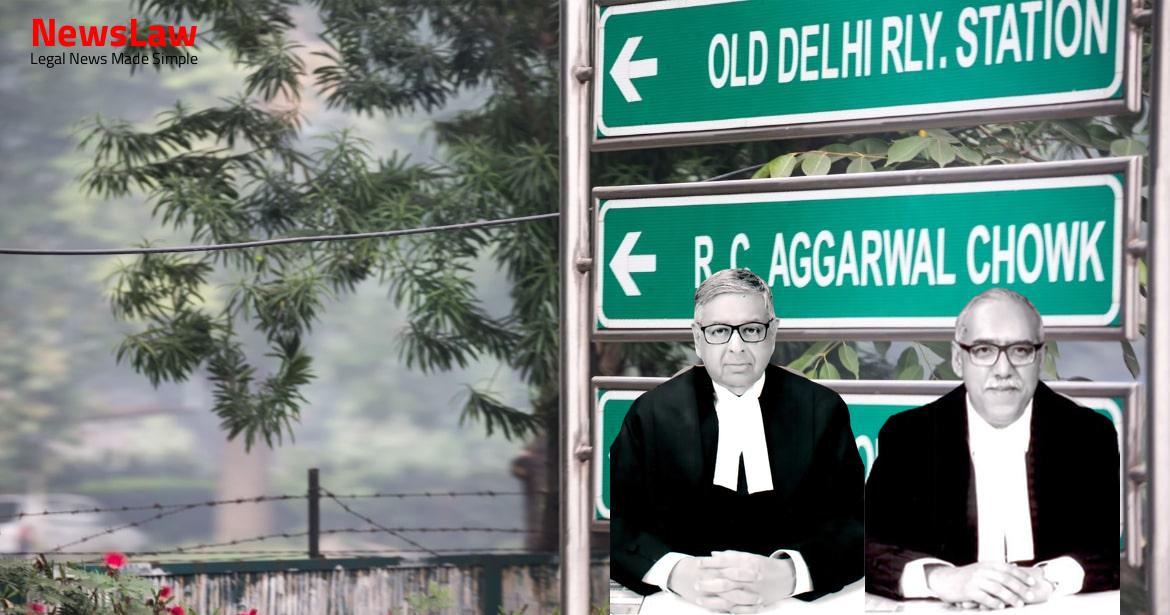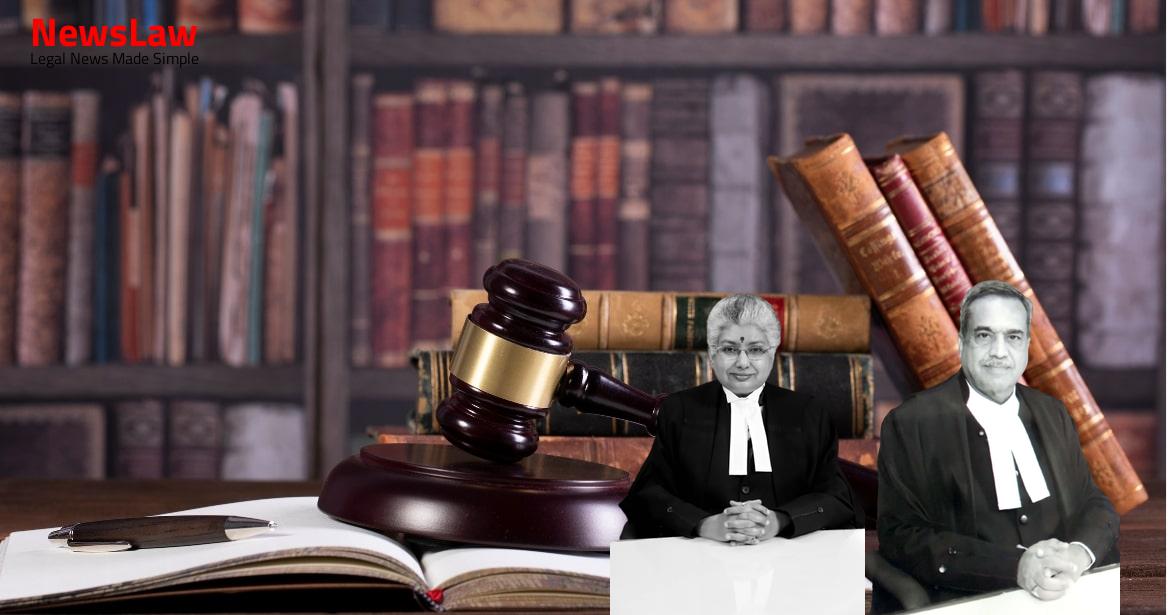Explore the intricate legal analysis of the State Development Tax provision in the U.P. Trade Tax Act. The Supreme Court’s examination of the taxing statutes, adjustments, exemptions, and the constitutional right to carry on trade and business sheds light on the complexities of tax laws. Follow along to understand the nuances of the court’s findings and the impact on businesses and tax liabilities.
Facts
- Section 3-H of the U. P. Trade Tax Act, 1948 includes provisions for State Development Tax.
- The State Development Tax is levied at a rate not exceeding one per cent of the taxable turnover as specified by the State Government.
- The tax is imposed on dealers whose aggregate turnover exceeds fifty lakh rupees.
- The State Development Tax is in addition to any other tax payable under the Act.
Also Read: Analysis of Bail Conditions in Criminal Appeal No. INSC 48/2024
Analysis
- Section 3-H of the U.P. Trade Tax Act, 1948 does not specify that the adjustment/reduction must be limited to the extent mentioned in Column 4 of Annexure-1.
- The interpretation of taxing statutes is strict and based on literal reading of the provisions.
- Section 3-H outlines the taxable event, the person liable to pay tax, the rate of tax, and the measure for computation.
- The exemption or reduction in tax rates specified in Column 4 of Annexure-1 of the notification is subject to monetary limits in Column 5.
- The State Development Tax imposed under Section 3-H is considered a new tax on certain dealers.
- The eligibility certificates issued under Section 4-A mention specific periods and limits for tax exemptions.
- The adjustment of State Development Tax should be made within the monetary limits set in the eligibility certificate.
- The adjustment provision under Section 3-H(3) prevails over Section 4-A, except as saved by Section 3-H(3).
- Section 4-A of the U.P. Trade Tax Act, 1948, provides for exemption from trade tax in certain cases.
- The State Government may declare exemptions for increasing production of goods or promoting industry development.
- Exemptions can be granted for up to fifteen years from the date of starting production, with specified conditions.
- A fixed capital investment of five crore rupees or more may qualify for exemptions or reduced tax rates, for up to five years.
- The words ‘Notwithstanding anything contained in any other provisions except the provisions of Section 3-H of this Act’ were substituted in 2005.
- The State Development Tax was introduced in 2005, not exceeding one per cent of taxable turnover for dealers with turnover exceeding Rs. 50 lakhs.
- The State Development Tax is adjustable within the monetary limit specified in the eligibility certificate issued under Section 4-A.
- The doctrine of ‘pre-deposit’ under the UP VAT Act was challenged by the appellant.
- The appellant contended that it infringes upon the constitutional right to carry on trade and business.
- The Supreme Court held that the doctrine of ‘pre-deposit’ is not in violation of the constitutional right to carry on trade and business.
- It was observed that the doctrine is a measure to ensure expeditious adjudication of disputes.
- The appellate provision for waiver of pre-deposit was found to be sufficient safeguard against arbitrary exercise of power.
- State Development Tax under Section 93-H of U.P. Trade Tax Act is independent
- Composition scheme under Section 7-D does not apply to State Development Tax
Also Read: Conviction Upheld for Murder and Concealment of Body
Decision
- Respondent assesses would be liable to pay the State Development Tax under Section 3-H
- The appeals are partly allowed and disposed with the aforementioned directions
- No order as to costs shall be given
- Pending applications, if any, shall stand disposed of
Also Read: 1991 Decree Invalid: No Determination of Rights in Property Dispute
Case Title: STATE OF UP Vs. M/S NIL KAMAL LTD (EARLIER KNOWN AS NIL KAMAL PLASTIC LIMITED) (2022 INSC 250)
Case Number: SLP(C) No.-021273-021273 / 2014



